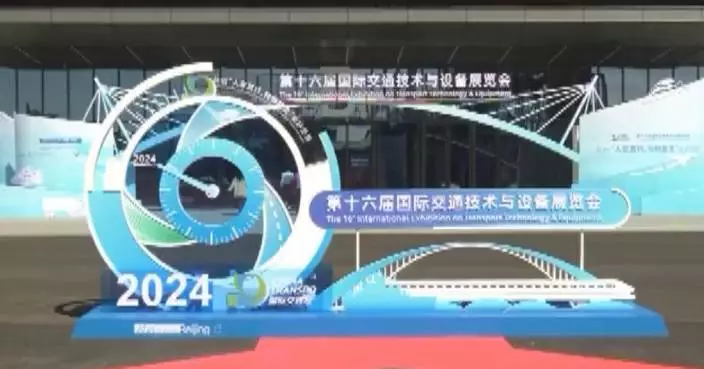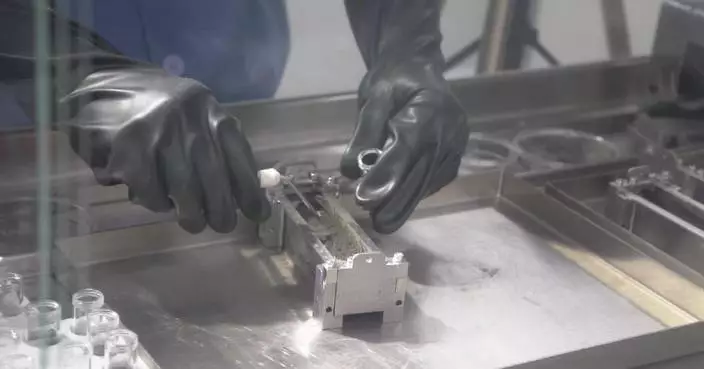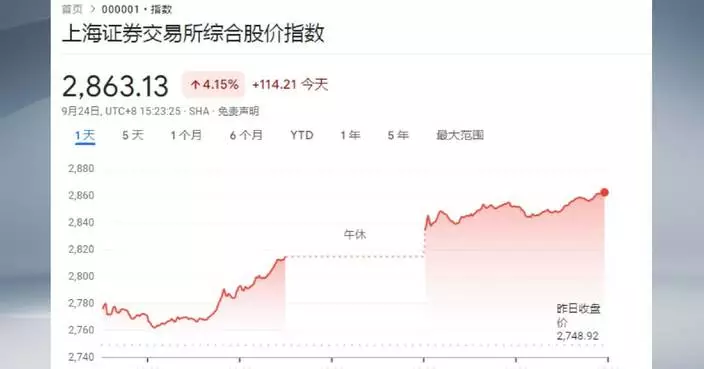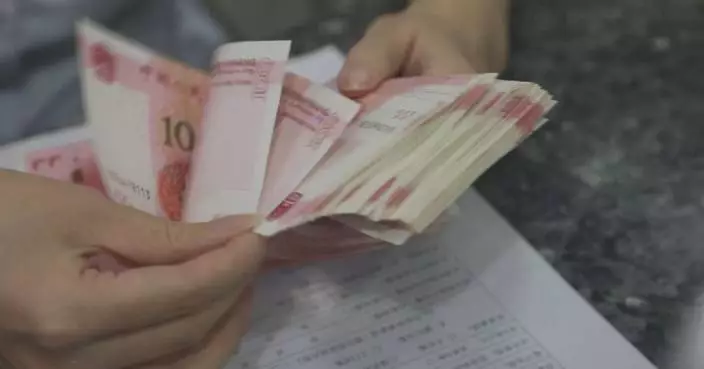China and Switzerland on Monday began negotiations on an upgrade of the Sino-Swiss free trade agreement (FTA), with both sides agreeing to intensify consultations and reach a high-level upgrade agreement as soon as possible on the basis of mutual benefits.
The Chinese Ministry of Commerce said in a statement that Chinese Minister of Commerce Wang Wentao and Guy Parmelin, Swiss federal councilor and head of the Swiss Federal Department of Economic Affairs, Education and Research, announced the launch of talks through a livestream.
Wang said that since it came into effect 10 years ago, the Sino-Swiss FTA has played a positive role in promoting the growth of bilateral trade, and enterprises in both countries have truly benefited.
Upgrading the FTA will help expand bilateral trade and boost two-way investment, and promote the upgrading of economic and trade cooperation between the two countries, Wang said, adding that it will also showcase the two countries' support for free trade and openness to the outside world at a time when economic globalization is encountering headwinds.
Parmelin said that with trade protectionism on the rise globally, it is of great significance that China and Switzerland have launched their FTA upgrade negotiations. It shows that the two countries are always committed to building an open, standardized environment for international economic and trade cooperation, and it has sent a positive signal to the outside world that the two countries will deepen cooperation, he added.
The Sino-Swiss FTA was signed in July 2013 and came into effect in July 2014.
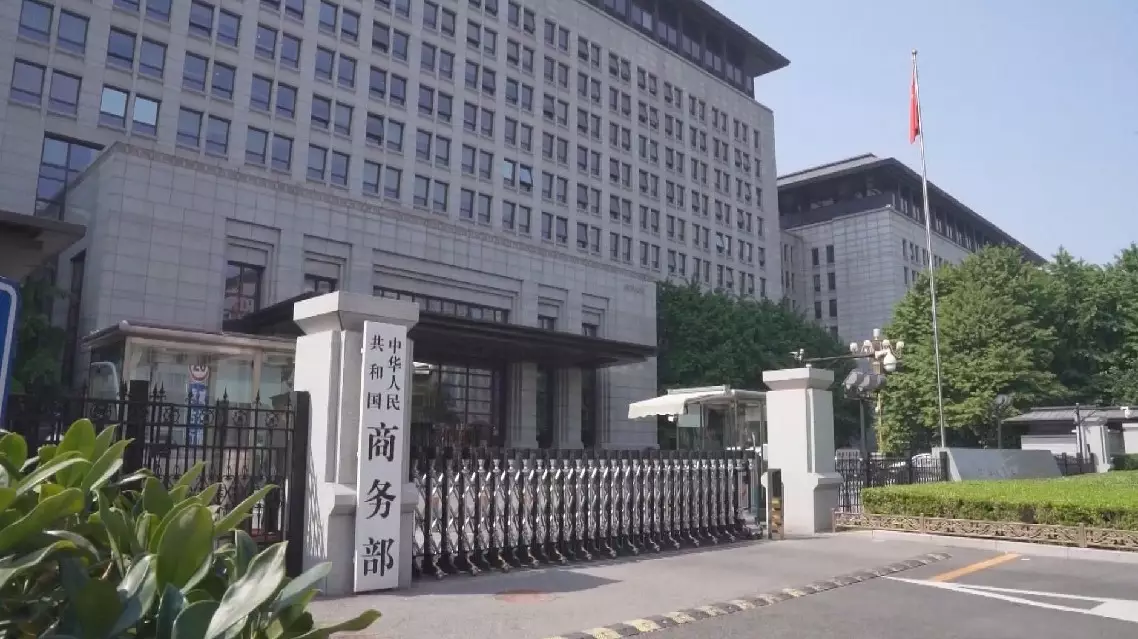
China, Switzerland open talks on free trade agreement upgrade
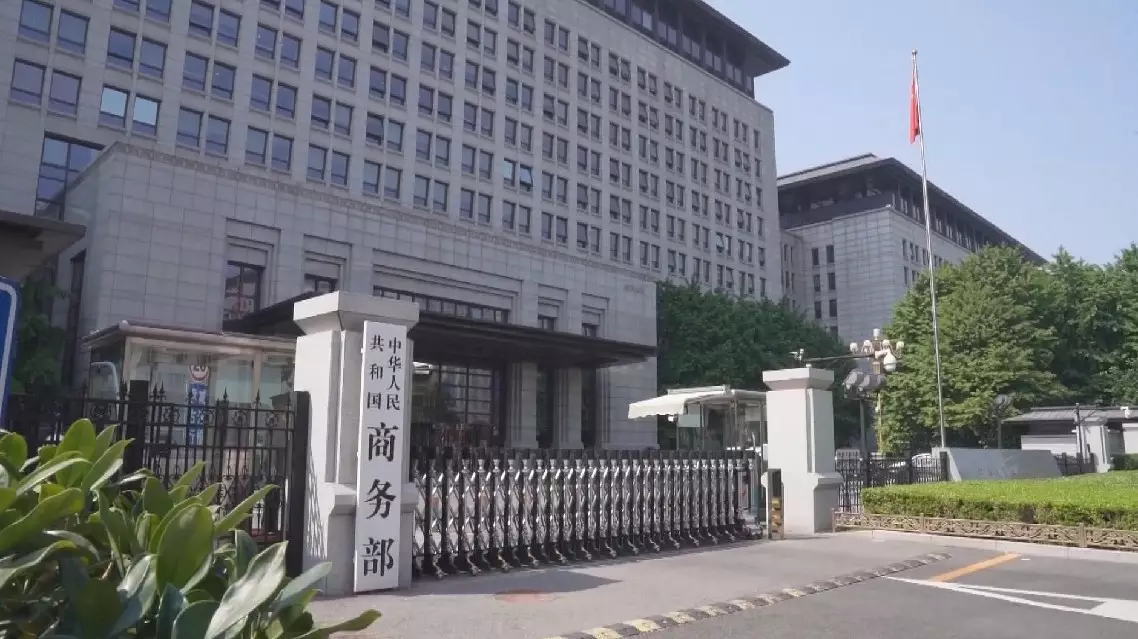
China, Switzerland open talks on free trade agreement upgrade
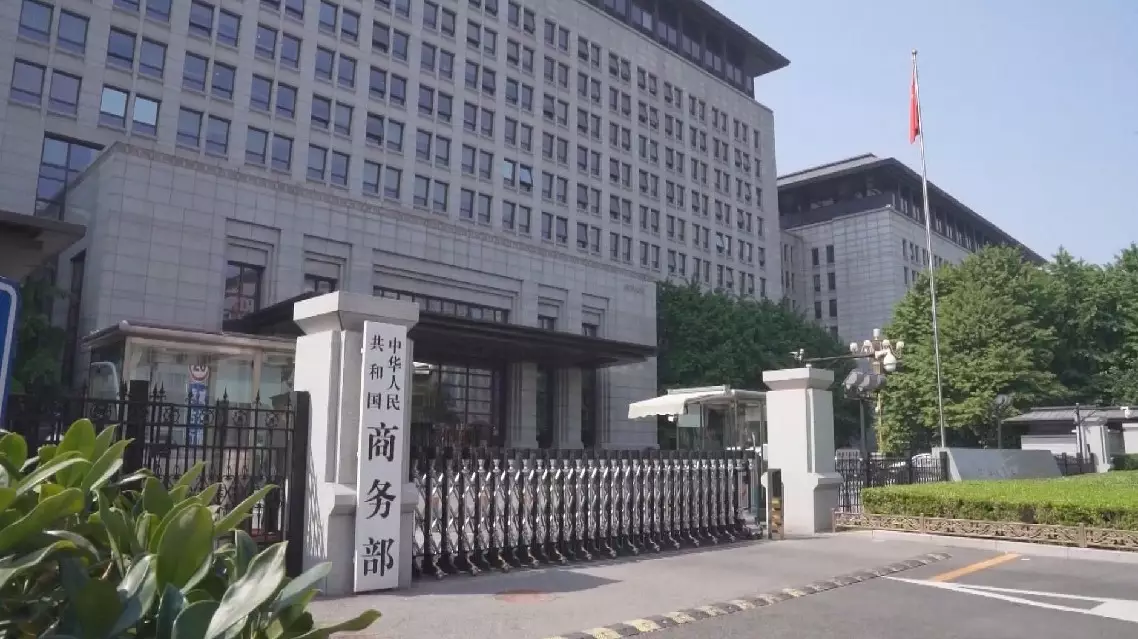
China, Switzerland open talks on free trade agreement upgrade
Jingshan Village, a tea cultivation region in east China's Zhejiang Province, has now embarked on a path to wealth by reviving a local tea ceremony and tapping into the local travel industry, according to Phoebe Haines, an award-winning British Mezzo Soprano and United Nations Chinese Language Day youth cultural ambassador.
The overall income generated by the village's collective economy has shown a significant increase over the past two decades, growing from less than 80,000 yuan (roughly 11,367 U.S. dollars) to 8.08 million yuan (around 1.15 million U.S. dollars) in 2023. Meanwhile, the per capita income of villagers rose from less than 5,000 yuan (about 710 U.S. dollars) 20 years ago to 55,764 yuan (around 7,923 U.S. dollars) in 2023.
"There are over 500 households in our Jingshan Village. Each family owns a small villa like this one. Look at this household here. There is a more than 200-year-old ginkgo tree, and we have seamlessly integrated it with the courtyard by using mud walls. Additionally, we have enhanced and upgraded the overall environment in our surroundings. As you can see, there are no overhead electric poles. The sewage system, water supply network, and electricity lines have all been placed underground," explained Yu Ronghua, Party secretary of Jingshan Village during an interview with Phoebe Haines.
He also stated that the current prosperity of the village comes not only from planting Jingshan tea, but also from blending traditional tea culture with tourism.
To tell the story of Jingshan tea in a compelling way, Yu led a team and took several years to restore a folk edition of Jingshan tea ceremony, aiming to reenact the tea-drinking practices of the Song Dynasty (960-1279 AD), with tea sets, tools, tables and garments, all re-created according to historical records.
The ceremony, which originated from the Jingshan Temple in Hangzhou City, consists of a series of performances, procedures and rituals for using tea leaves and vessels.
It also features elements such as drumming to usher in guests, burning incense to worship Buddha, as well as meditation rituals.
Every procedure integrates tea with rituals, and tea-making skills with Zen -- a school of Buddhism that originated in China during the Tang Dynasty (618-907).
Unlike the tea we drink today, the tea from the Song Dynasty (960-1279 AD) was a finely ground powder made from processed green tea leaves.
The powdered tea was brewed with a small amount of boiling water and then whipped with a small whisk into a paste. Then, more boiling water was added to dilute the paste.
This process, called dian cha, really brings out the essence of the tea powder.
The millennium-old Jingshan tea ceremony has been added to the national intangible cultural heritage list and the UNESCO intangible cultural heritage list, and it is believed to be the origin of the Japanese Sado.
Phoebe Haines also found that Jingshan tea heritage is still cherished nowadays and many experts have established a connection with the village due to the extensive tea culture present there.
"Upon our arrival at Jingshan Village and Jingshan Temple in 1996, we discovered records of tea whisks. This immediately made me realize that our tea culture from the Song Dynasty (960-1279 AD) had reached a pinnacle. The Japanese tea ceremony is derived from our tea-drinking practices during Song Dynasty (960-1279 AD). During the Northern Song Dynasty (960-1127), what were the tea whisks really like? After about 12 years of work, I successfully replicated them," said Chen Jinxin, an inheritor of intangible cultural heritage of the tea whisk making.
Guan Jianping, a professor from the Zhejiang A&F University, also offer references to bring out revival of Jingshan tea ceremony.
"The Jingshan Temple was just being constructed in the Tang Dynasty (618-907). It is said that tea cultivation in Jingshan started during the Tang Dynasty (618-907) and during the Song Dynasty (960-1279 AD), Jingshan tea had gained even more fame. Tea had become a crucial element in Chinese society, encompassing daily life, culture and etiquette. Hence, the event is essentially a ceremonial tea ritual. My task is to thoroughly research ancient practices to provide information for the cultural construction of present-day villagers," said Guan.
Hangzhou Jingshan Tea Development Co., Ltd., a state-own tea maker, has also to invest 30 million yuan (about 4.26 million U.S. dollars) every year to develop local tea industry.
"The Jingshan Tea serves as a collective brand accessible to all tea farmers and tea businesses throughout the Yuhang District. As of June this year, we have completed 200 percent of last year's sales," said Shi Hongxin, chairman of the company.
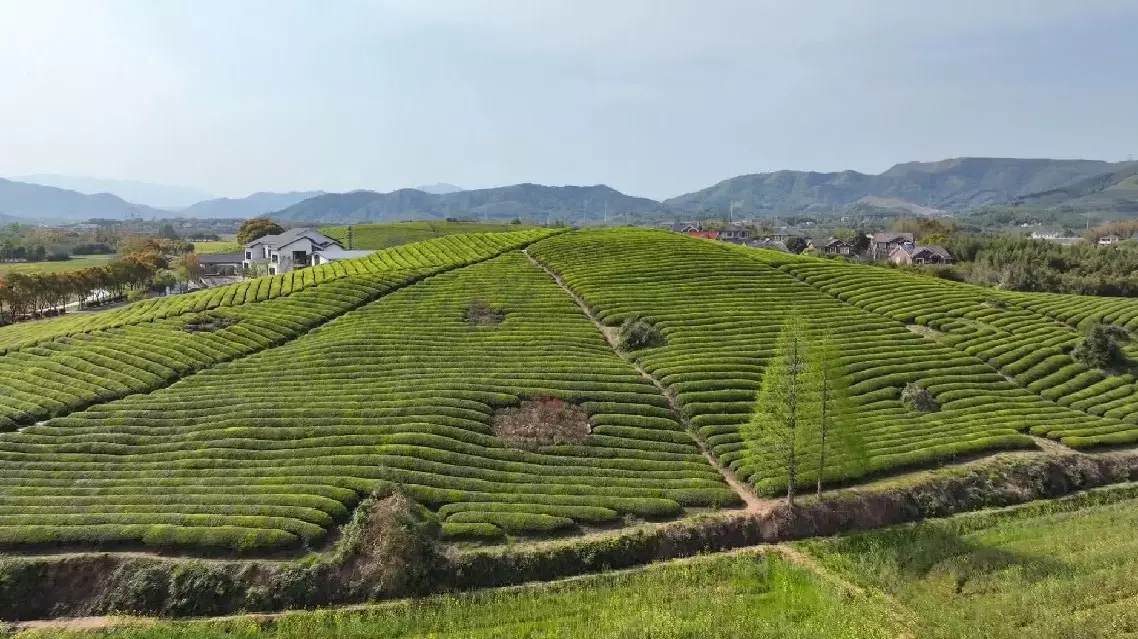
Village in Zhejiang brews new wealth through traditional tea culture: British Mezzo Soprano






